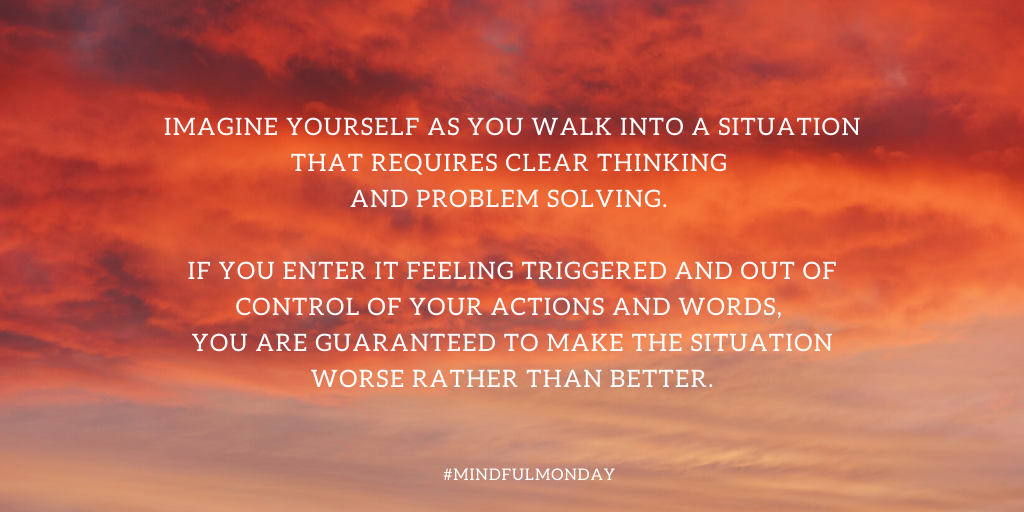Goodness, so much is happening in the world! Being swept up in this frenzied energy is not only easy but encouraged by media, governments, society, friends and family. How is this affecting our global mental health? How is it affecting you?
I want to acknowledge that there are serious events happening on the planet, and in no way am I under-estimating or downplaying the impact that this has had everyone’s lives. I recognize that there is a serious health crisis globally. What I’m most worried about is the mental health of rational, healthy, intellectual people. A lot of the intellectuals on this planet are the ones who help make informed decisions and support those who have less education and experience with difficult times. However, if most of our intelligent community is using fear-based language to submit family, friends and beyond into being scared, where does that leave us? Panic creates a behaviour void of self-awareness and reason. Without those we make poor choices.
In order to address this globally we must evaluate our own reactions: How are we managing our energy? Are we contributing to the global panic, or are we helping by choosing to manage our energy responsibly? Responsible energy management means we don’t drain those around us with panic or fear-based conversations. We soothe ourselves first by choosing proactive self-health care choices and we mitigate our desire to indulge in poor energy management by using conscious practices (such as spending time with kind people; doing yoga, meditation, Ti Chi, Chi Gong etc.; and spending time in nature). We can choose how we are affecting our mental health in a positive and do more of that instead of less.
As Deepak Chopra put it, the coronavirus has exposed how vulnerable most people are to fear, which is spreading faster than the virus.
In order to subscribe a mindset of health we must address the idea of reaction versus response. Responding is taking healthy, appropriate action to support our health and safety. It is remaining in a state of reason in how we communicate with ourselves and others. Reaction is based on fear; when we react we can go into a mindset of scarcity and survival. When we respond from fear, we narrow our view to ourselves and family, and we start taking more than what we need; we spread anxiety and stress through our dialogue and encourage those around us to do the same. We lack reason and we may even lean into shaming others in order to nurture our own fear.
We have to stop defending fear, as fear always leads to failure; failure of our economic system and our social system. With fear, we fail in our ability to be reasonable in our decision making. Fear closes off the flow of love and our ability to give and receive love becomes comprised and nonexistent. Fear makes us clench up and shut down.
This fear that is ‘plaguing’ our global community has created much distrust, anxiety, scarcity behaviour and social discourse. I feel that if I speak out from a perspective that isn’t coated in panic and hysteria, some consider me disconnected from reality.
What is amazing to me is the systemic aspect of dialogue in fear propaganda. Scientists know that fear, stress and anxiety weakens our immune system and creates overwhelm and fatigue. Fear deflates reason and compromises perspective.
Why is this problematic? Because we are creating a culture based on reaction instead of solution orientation. It means that we no longer take responsibility for the energy we put out to others as we dump our fear onto those around us. We begin to drain the positive energy from our circles and fixate on global negativity. Why is this a bad? Because if we don’t manage our reactions and become acquainted with the fear that is spurring them, we contribute to reactionary energy and increase fear, anxiety and scarcity. We demonstrate a lack of well-being and reason.
What is most scary about this for you? Is it the fear that you might get sick? Or is it the fear that if you do get sick you will be quarantined to your house for two weeks, as well as your family? As that would be inconvenient to our work and lives, it would also suck. However, it is not really that bad in the big picture, unless you truly don’t like being with your family! There is a great deal of fear about death, and again I am not undermining the seriousness of that. But when I ask what scares you the most, I do so from genuine curiosity. Identify your truth and remember that, so that you manage your fear with the reality of what is actually happening around you versus the anxiety that has elevated around you.
What you say to other people matters. It affects your family, friends and community if you are behaving with panic. It doesn’t create ease and clarity. Think of it like this: for anyone who is a first responder, if they were to arrive to an accident scene and go right into a reactive, emotional, nonsensical state, everyone else would panic. The first responders would not be able to perform triage and would likely create more injuries and become unable to help those in need.
Imagine yourself as you walk into a situation that requires clear thinking and problem solving. If you enter it feeling triggered and out of control of your actions and words, you are guaranteed to make the situation worse rather than better.
When you look at yourself a year from now, thinking about the challenges at hand, how would you imagine yourself handling today – or better yet, how would you like to share how it is you handled yourself and how you treated others. Is responding from a place of fear something you would be proud of?
With more love than I can ever express
Noelle

